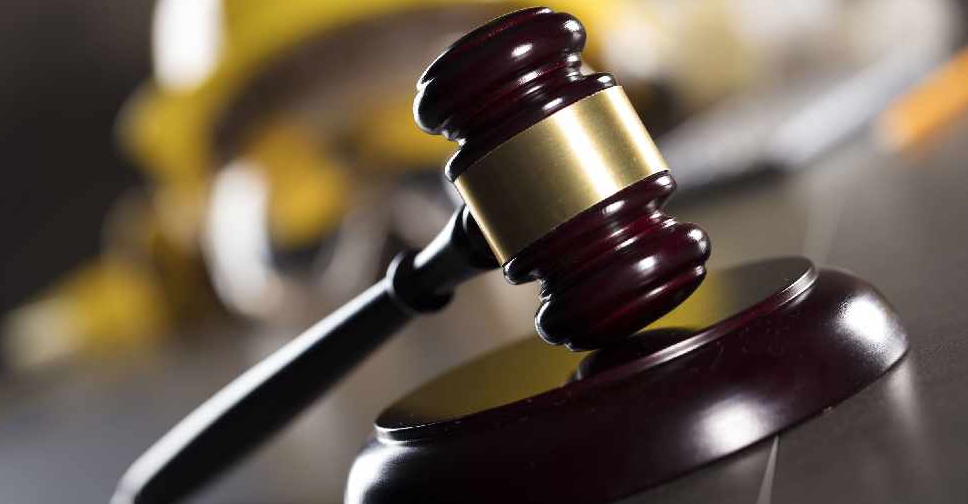
A US judge barred the Trump administration from rapidly deporting hundreds if not thousands of migrants to countries other than their own without giving them a chance to show they fear being persecuted, tortured or killed there.
US District Judge Brian Murphy's preliminary injunction on Friday was the latest setback to an immigration crackdown launched by President Donald Trump when he took office on January 20.
The Boston-based judge last month temporarily blocked the administration from fast-tracking deportations, hobbling its ability to remove migrants who in some cases have legal protections preventing them from being sent back to their countries of origin.
The preliminary injunction issued on Friday will keep that order in place until the litigation is resolved. The administration in court filings has already said it plans to appeal Murphy's decision.
When ruling on challenges to government policies, federal judges often issue orders that apply nationwide.
Stymied by such decisions, the Trump administration has previously asked the US Supreme Court to narrow nationwide injunctions to cover only those bringing a case.
The decision requires the Department of Homeland Security to give individuals a "meaningful opportunity" to seek legal relief from deportation before they are sent to third countries.
"The Court has found it likely that these deportations have or will be wrongfully executed and that there has at least been no opportunity for Plaintiffs to demonstrate the substantial harms they might face," wrote Murphy, an appointee of the Republican Trump's Democratic predecessor Joe Biden.
Many of the people deported to third countries are refugees who have been granted protections against returning to their home countries, where they would face persecution or torture, according to Anwen Hughes of Human Rights First, a lawyer for the plaintiffs.
“The protections the court has ordered here are critical to make sure DHS does not turn around and ship them to a third country where they would face the same harms," Hughes said.
In February, the Department of Homeland Security instructed immigration officers to review cases of people granted such protections against being removed to their home countries to see if they could be re-detained and sent to a third country.
Immigrant rights groups sued on behalf of a group of migrants seeking to prevent their rapid deportation to newly identified locales.
Judge Murphy voiced concern that without a court order, the administration might carry out deportations in violation of the Convention Against Torture.
After Murphy issued a temporary restraining order in March, the Department of Homeland Security issued new guidance providing that, before a migrant can be deported to a different, newly identified country, the US government needed to have received diplomatic assurances that they will not be persecuted or tortured there.
Under the new guidance, if the United States does not receive such assurances or does not believe them to be credible, authorities would need to provide the migrant notice and assess any fears they raise of torture or persecution before they can be removed.
The administration had asked Murphy to vacate his restraining order in light of the new guidance, but the judge on Friday said it fails to safeguard basic rights.
Meanwhile, a federal appeals court rejected on Friday a request by the Trump administration to allow it to move forward with stripping temporary legal protections for about 350,000 Venezuelan migrants, exposing them to imminent deportation.
The San Francisco-based 9th US Circuit Court of Appeals declined to pause a lower-court judge's March 31 order halting Homeland Security Secretary Kristi Noem's decision to terminate the temporary protected status that was granted to some Venezuelans.
A three-judge panel said the Trump administration had not shown it would suffer irreparable harm if the lower court ruling stands pending its appeal.
The move to end Temporary Protected Status for Venezuelans is part of Trump's broader campaign to crack down on immigration and humanitarian programmes he says go beyond the intent of US law.



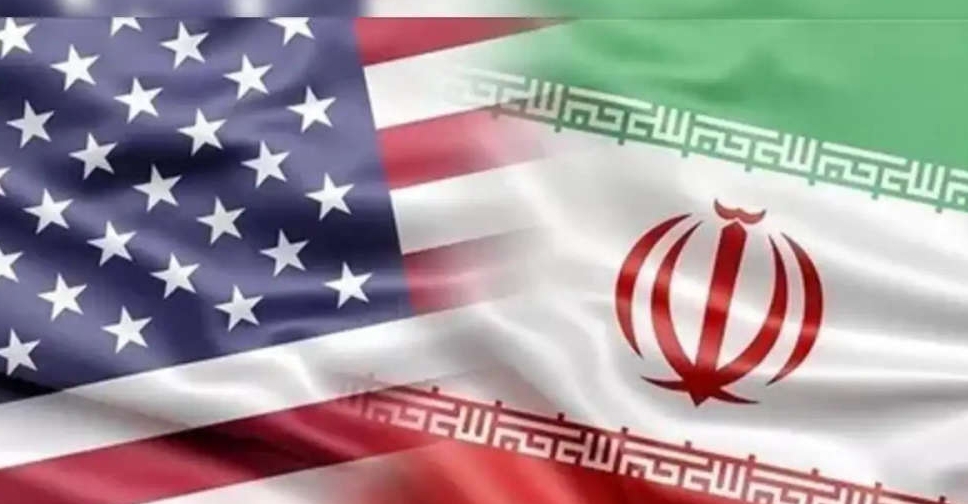 Iran, US begin second round of talks in bid to reach nuclear deal
Iran, US begin second round of talks in bid to reach nuclear deal
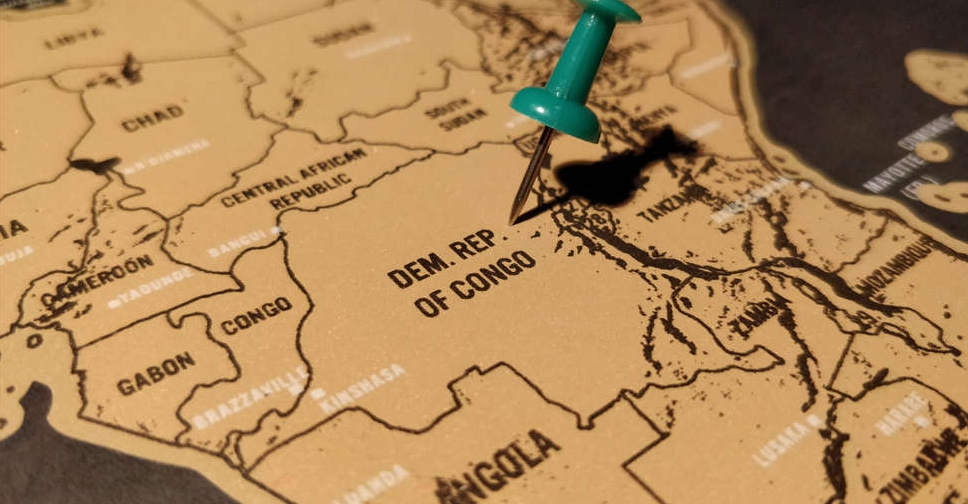 At least 148 people die after boat catches fire in Congo
At least 148 people die after boat catches fire in Congo
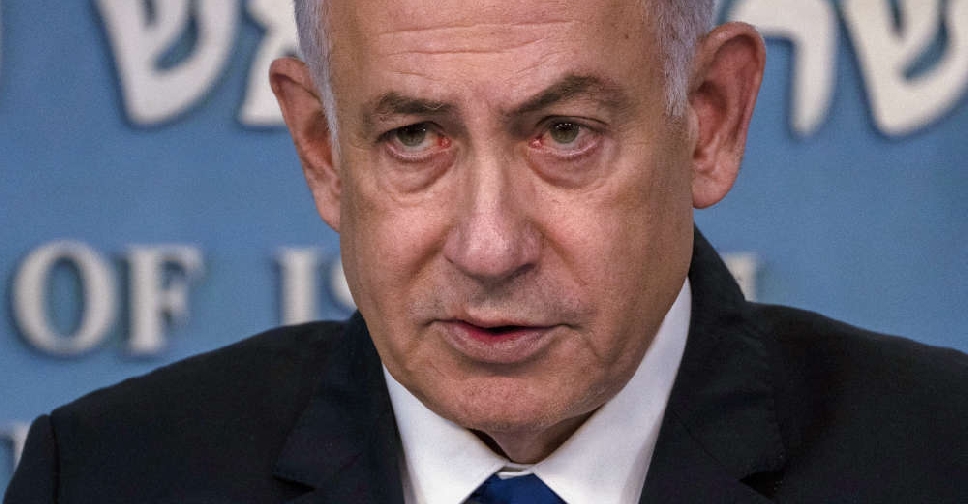 Israel still eyeing a limited attack on Iran's nuclear facilities: Reuters
Israel still eyeing a limited attack on Iran's nuclear facilities: Reuters
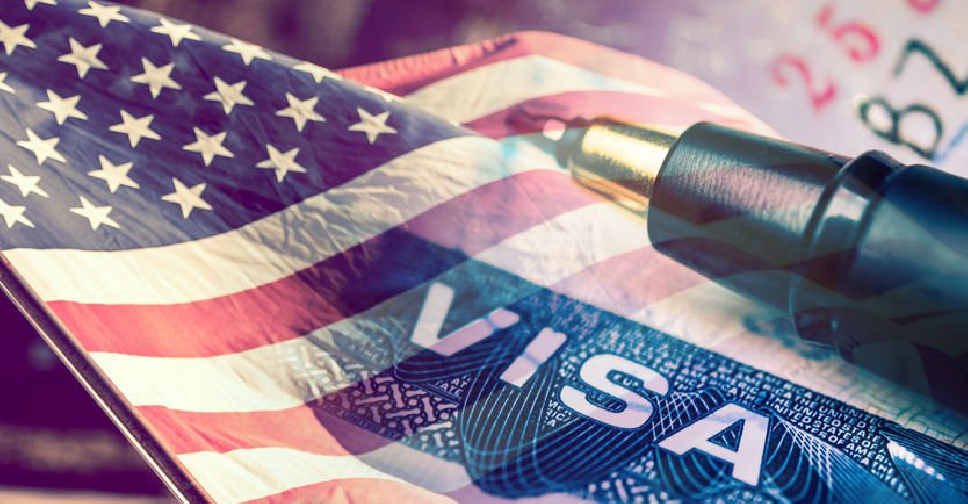 US orders Gaza-linked social media vetting for visa applicants
US orders Gaza-linked social media vetting for visa applicants
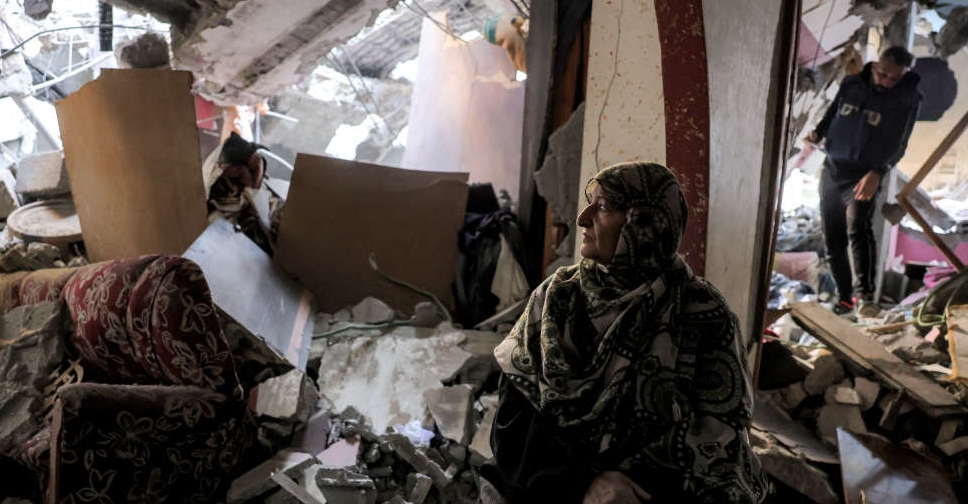 Israeli strikes hit dozens of targets in Gaza as ceasefire efforts stall
Israeli strikes hit dozens of targets in Gaza as ceasefire efforts stall




